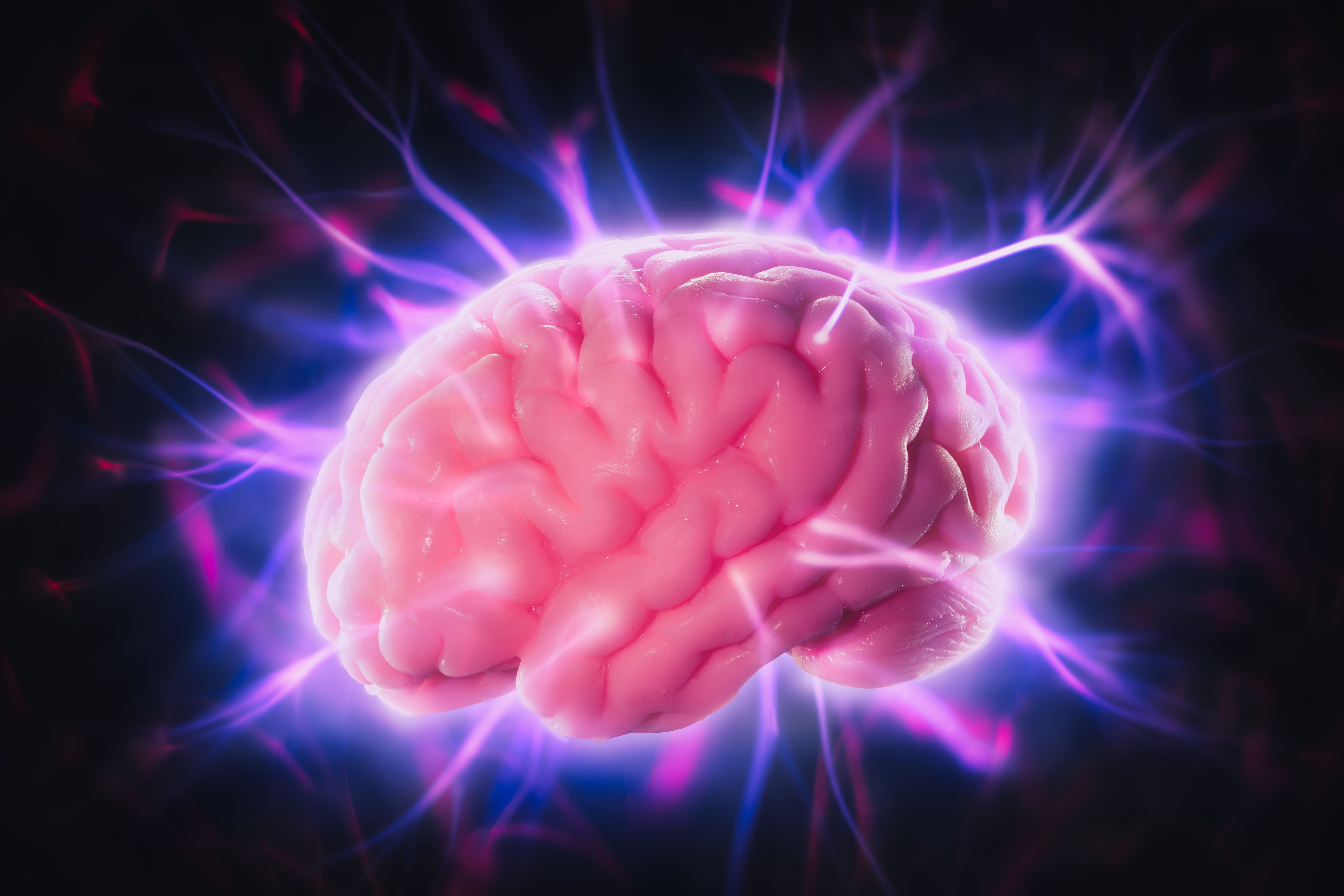
(Vienna, 20 February 2018) Neuronal activity in the prefrontal cortex represents every experience as "novel". The neurons adapt their activity accordingly, even if the new experience is very similar to a previous one. That is the main finding of a study conducted by researchers from MedUni Vienna's Division of Cognitive Neurobiology and recently published in the leading journal Nature Communications.
"As far as the brain is concerned, every experience is unique, no matter how similar it is to an earlier one. The neurons in the prefrontal cortex will be active each time – just as if the experience was entirely new," explains study author Hugo Malagon-Vina from the Division of Cognitive Neurobiology at MedUni Vienna's Center for Brain Research. Potential neuronal activity "mismatching" during this process might lead to the phenomenon of déjà vu, explains Malagon-Vina.
This has now been demonstrated by the MedUni Vienna researchers for the first time, using an animal model. They recorded and analysed the activity of around 300 neurons.
Nothing is ever perceived in the same way twice
"Of course, there is memory," says Malagon-Vina. "But the brain needs flexibility, so that it can constantly adapt. This is achieved by each event being perceived as new". From a philosophical perspective, says the MedUni Vienna researcher, an analogous explanation is provided by a quote from the old Greek philosopher Heraclitus: "No man ever steps in the same river twice, for it's not the same river and he's not the same man”. Malagon-Vina explains that “He (Heraclitus) was referring to the ambiguity that deliberate actions and plans are never perceived in the same way, no matter how similar they were to each other."
At the same time, this flexibility, and the experience of uniqueness, allows people to experience feelings of joy or surprise, or the so-called "wow" effect, says Malagon-Vina. The results also show that the brain is able to perceive lifelong experiences as something new, so long as the neuronal activity is not impaired by a disease. According to the MedUni Vienna brain researcher, this is an argument in favour of staying mentally active into old age. Neurons are always ready to "adapt" in the face of new knowledge and to process new experiences as unique.
Service: Nature Communications
„Fluid network dynamics in the prefrontal cortex during multiple strategy switching.“ Hugo Malagon-Vina, Stephane Ciocchi, Johannes Passecker, Georg Dorffner, Thomas Klausberger. Nature Communications; DOI:10.1038/s41467-017-02764-x.
Link: https://www.ncbi.nlm.nih.gov/pubmed/29358717